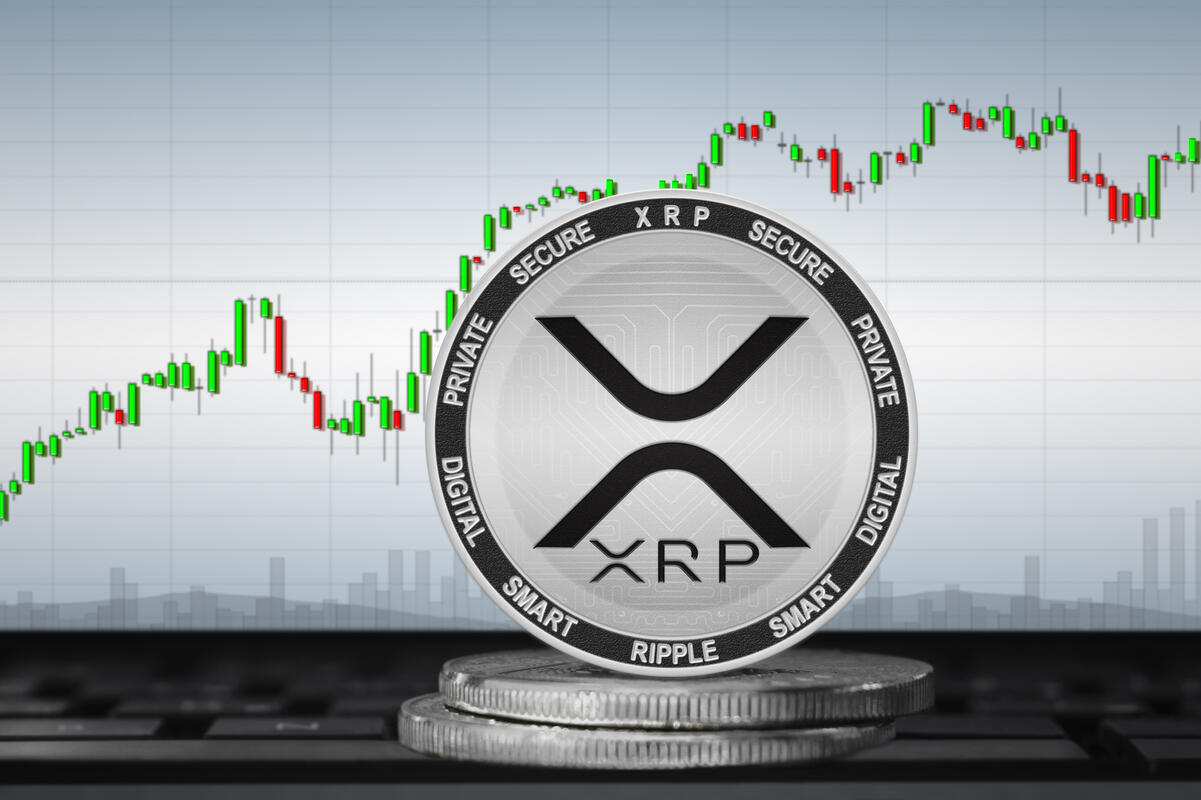The continuous legal wrangling between Ripple Labs Inc., the firm behind the XRP digital asset, and the US Securities and Exchange Commission (SEC) has seized the attention of the international crypto sphere. The SEC started this lawsuit in December 2020, claiming that Ripple was involved in unregistered securities dealings by selling XRP, viewed by the SEC as a security rather than a currency.
This essential contention over the categorization of XRP has ignited a lengthy and intricate legal fight. Observers from within and outside the crypto sector keenly follow this due to its potential ramifications on the larger industry.
Ripple’s legal fight with the SEC has yielded noteworthy triumphs. These not only reinforce the company’s defense but also establish a benchmark for comparable legal matters in the future.
Among the most significant triumphs was when Judge Sarah Netburn, in charge of the case, agreed to Ripple’s request for access to the SEC’s internal discussions about Bitcoin and Ethereum. This action could disclose the SEC’s internal dialogues and perspectives on the top two cryptocurrencies. Much like XRP, these digital currencies originated as advancements in the fintech sector but faced a different approach from regulators.
The unveiling of these internal discussions could supply critical understanding of the SEC’s methodology for distinguishing a security from a currency – a key aspect of this lawsuit. However, due to the enormous volume of the documents and necessary redactions, both the SEC and Ripple requested an extension for filing these documents.
Ripple achieved another important victory when the court rejected the SEC’s request to examine the personal financial documents of Ripple’s executives. The SEC claimed these records might expose the executives’ financial intentions for selling XRP. Yet, the court deemed this request as irrelevant and overly intrusive, signifying another win for Ripple.
Further, the court backed Ripple’s contention that the SEC didn’t provide clear notice that the sale of XRP could be seen as a securities transaction. This ruling could potentially destabilize the entire SEC’s case, particularly as it argues that the SEC didn’t sufficiently define the status of cryptocurrencies, leaving firms like Ripple in a regulatory ambiguity.
These wins are essential as they give Ripple a robust base for its defense. They pose serious hurdles for the SEC’s case and are pivotal in steering the direction of this lawsuit, which is under close scrutiny due to its potential impact on the cryptocurrency market.




